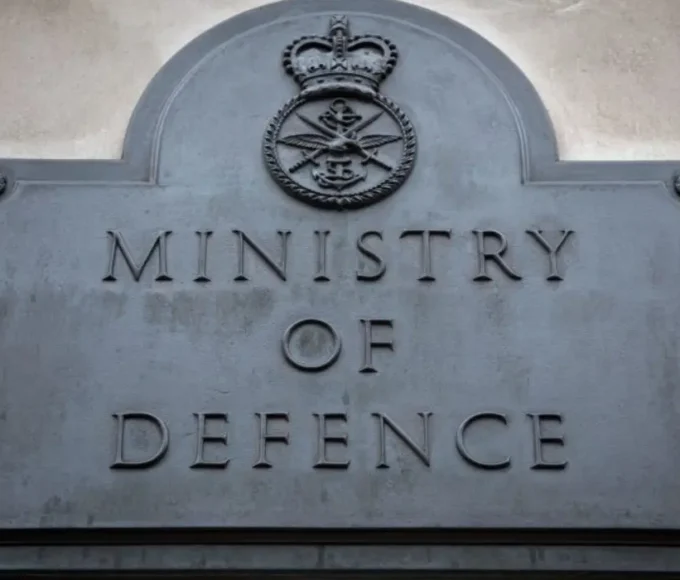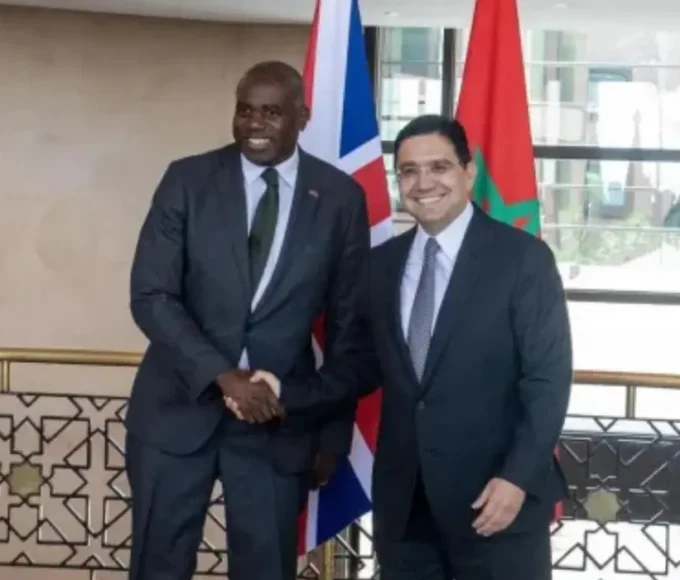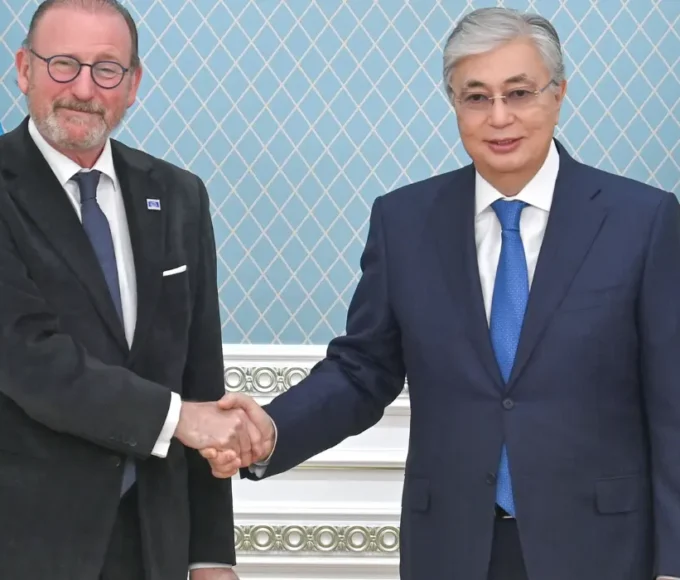U.S. Secretary of State Antony Blinken arrived in Brussels today with a clear dual mission: to reassure Ukraine of continued American support against Russian aggression and to rally European allies to step up their assistance. The visit, taking place amid uncertain political winds in the United States, underscores the Biden administration’s push to accelerate aid efforts to Ukraine ahead of potential policy changes if Donald Trump returns to the White House.
During his meetings in Brussels, Blinken emphasized the importance of sustained European support for Ukraine, citing recent deliveries of armored vehicles, light munitions, and air defense systems. He expressed confidence in Europe’s resolve but stressed the urgency of intensifying these contributions. This message comes as several pro-Ukraine European leaders face internal political pressures, including French President Emmanuel Macron and German Chancellor Olaf Scholz, who have both been vocal in their support for Kyiv.
Following a visit to NATO headquarters, Blinken met with Ukrainian Foreign Minister Andrii Sybiga, who urged allies to expedite crucial defense aid, especially in air defense. He also held talks with European Union High Representative Josep Borrell and met privately with Estonia’s Kaja Kallas, who is set to succeed Borrell in a few weeks. Blinken’s visit aims to solidify transatlantic support and foster greater European involvement, particularly as concerns rise over a potential shift in U.S. policy if Trump wins the presidency.
A significant focus of the talks was the evolving alliance between North Korea and Russia. Blinken warned that North Korean forces actively joining Russia’s war efforts introduces an “incredibly dangerous” dynamic, necessitating a “firm response” from the United States and its allies. Although he stopped short of specifying what measures would be taken, Blinken made it clear that the U.S. views North Korea’s involvement as a direct threat to global stability.
Meanwhile, as Trump’s possible return to the White House looms, the Biden administration is intensifying efforts to deliver all remaining congressionally approved military aid to Ukraine before the end of Biden’s term. According to Pentagon estimates, around $9 billion in U.S. military aid remains available for Ukraine. The administration is keen to secure these resources promptly, concerned that a potential shift in U.S. policy under Trump could limit or end American support for Ukraine.
In light of these concerns, the Biden administration is pressing European allies to contemplate new, sustainable ways to fund Ukraine’s defense. Ukrainian officials have proposed that Europe utilize frozen Russian assets to support their military efforts, rather than just relying on the interest generated by these assets as is currently the practice. This suggestion reflects a growing acknowledgment that Europe may need to take on a greater share of the burden if U.S. support decreases.
For European nations, this strategy would represent a significant shift in how they approach wartime financing. By tapping into Russian assets frozen in Europe, Ukraine could receive direct funding for its military operations. However, this idea remains politically sensitive, and Blinken’s visit will likely serve as a platform for further discussions on how Europe might adapt to a reduced U.S. role in Ukrainian support.
Blinken’s meetings in Brussels illustrate the Biden administration’s determination to secure enduring support for Ukraine from both sides of the Atlantic. As European leaders weigh the future of their support, Blinken’s message is clear: the West’s unified front against Russian aggression must hold firm, even amid changing political dynamics in the U.S.
This article is originally published on rfi.fr








